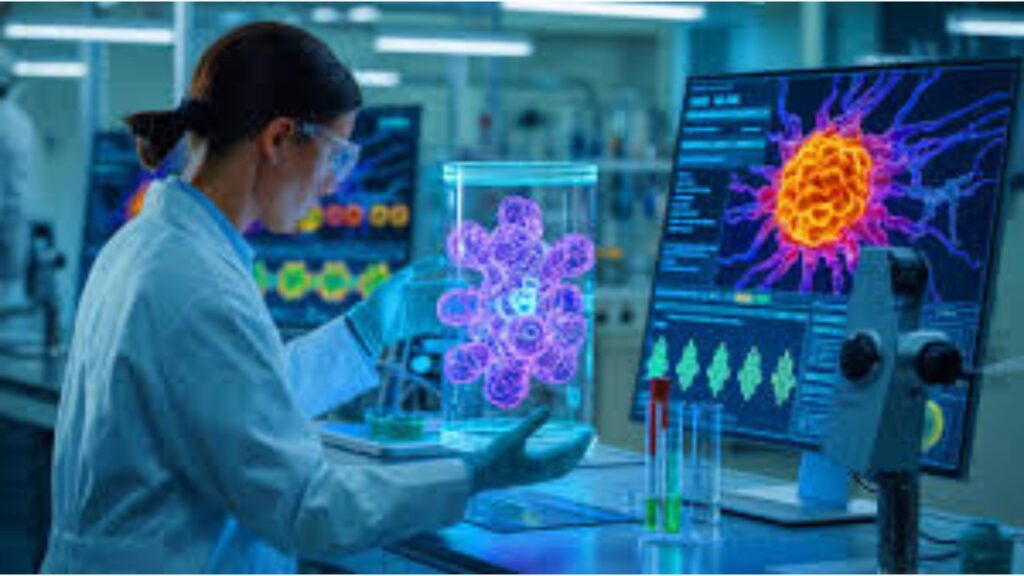A team of Australian scientists has made a major breakthrough in understanding how a crucial enzyme called telomerase is regulated, offering fresh hope for treating both cancer and age-related diseases.
Researchers at the Children’s Medical Research Institute (CMRI) in Sydney have identified a group of proteins that play a central role in guiding telomerase to the ends of chromosomes — regions known as telomeres — which help safeguard DNA during cell division.
Telomerase adds DNA to telomeres, preventing genetic material from degrading and ensuring cell health. While this enzyme is essential for the function of stem cells and certain immune cells, it is also hijacked by cancer cells to support unchecked growth. The new discovery may help prevent this misuse.
Published in the journal Nature Communications, the study highlights three specific proteins — NONO, SFPQ, and PSPC1 — that act like “molecular traffic controllers” for telomerase. These proteins ensure the enzyme reaches the appropriate location within the cell. Disrupting their function in cancer cells impairs telomere maintenance and may halt tumor progression.
“Our research shows these proteins are essential for telomerase to function correctly,” said Dr. Alexander Sobinoff, lead author of the study. “Without them, telomerase can’t do its job properly, which could have major implications for slowing ageing and stopping cancer growth.”
Dr. Hilda Pickett, senior author of the study and head of CMRI’s Telomere Length Regulation Unit, said the findings open up new pathways for targeted therapies. “By understanding how telomerase is regulated, we can begin to explore more precise treatment strategies for cancer, ageing, and genetic conditions related to telomere dysfunction,” she said.
The discovery marks a significant step forward in biomedical science, with the potential to reshape approaches to some of the most challenging health issues of our time.
